A few weeks ago I went away on holiday (it’s taken me a while to write this post). Because of my low functionality, I knew I wasn’t going away to ‘do’ things, it was much more about a change of scenery and a chance to give myself permission to rest and relax.
Fortunately, we stayed in a lovely place and I had a really peaceful enjoyable time, even though I was only able to have two outings all week. The complex where we stayed also had a lovely pool and sauna, which I was able to use a couple of times. There was also some woodland attached to the property that was a red squirrel conservation area.
I can’t claim that I managed my energy so well that I had no dips at all, but I did everything I did with an awareness of the energy costs. I made decisions to do things to boost my spirit, even when I knew they were a little beyond what I could normally do without paying for them. However, I balanced them with extra rest and accepted the dips in energy. That being said, I only really had one day when my energy was really low, and only needed 1 recovery day after my holiday. The next day I woke up feeling joyful and refreshed and if anything, my energy the week following my holiday was better that it was before I went away. I’d call that a resounding success!
Here is how I got the most out of my holiday despite very limited energy
Pacing the prep
Because of food intolerances I can’t really rely on takeaway food whilst on holiday. We made a meal plan of the simplest healthy meals we could make whilst away, over a week before the start of the holiday, so that we could shop and pack what we could ahead of time. With that meal plan, I was able to pack all the non-fridge food early, along with a week’s worth of supplements and medication, and all of my herbal teas. I started out by just putting things in a box when I thought about things then, went through the list to make sure I had everything. Clothes were also sorted out in advance, and packed the day before, but that was pretty easy as I only needed two non-lounge outfits. On the morning of the journey all I had left to pack was my wash kit and the fridge stuff.
Managing the journeys
Most of our journey was through beautiful countryside in Wales, so I made the decision to pay attention to the changing scenery as part of the holiday experience. Changing visual stimulation can be quite tiring though, so on the way back when I got close to home and we were on the dual carriageway, I chose to keep my eyes down and away from the constantly changing visual input. On a longer journey, especially one that uses motorways, I wear earplugs and have a pashmina that I drape over my head to keep the stimulation out.
I always plan a rest day after traveling, aiming to pe as peaceful as possible. Plenty of meditation and no pressure to do anything at all!
Managing the planned activities
My original plan was to have an activity day followed by a rest day. Activity days for me involved keeping to my routine as much as possible but heading out and about for a couple of hours between breakfast and lunch. This was only possible because I was being driven and my needs were being carefully considered. I knew that this had to be a flexible plan though, and I’d have to listen to how I was feeling on each day and reassess. In the end I had to take one more rest day than I’d expected and only managed to get out and about on Monday and Thursday mornings.
Whilst out and about I had to choose very carefully how to use my energy. For example, on Monday we went to a lovely forest alongside a beach. There I had to choose whether to have a walk down the sand dunes to the beach, or a walk in the forest. First of all, we parked as close to the beach as possible so I could at least get a peak of it, then we had to drive to the other end of the car park so that I could use the bathroom, then we drove to another car park in the middle of the forest so that I could have a little wonder there (I always choose the forest). And I was rewarded by spotting a red squirrel high in a tree munching on her lunch.
Choosing not to compare
That first rest day after the journey, my nearly 80-year-old parents were up and out of the door ready to explore the nearby town. For a brief moment, I was really tempted to compare, but I know that isn’t helpful so I reminded myself that it doesn’t matter what I can’t do, as long as I am enjoying what I am doing!
Presence, gratitude and appreciation
My big ‘enjoy my holiday’ strategy is really the same approach I have to life in general: stay present to the moment and be grateful and appreciative of every little thing you can find to be grateful and appreciative of.
That first day, I did my Tai Chi outside to a beautiful view. Then sat out there all wrapped up while I had my first cup of green tea. I even got to chat to a neighbour and pet their dog. It was a bit too cold to stay out there all morning, but I relaxed on the sofa reading a trashy novel and just felt grateful for being able to chill out. I relished the enjoyment I was getting out of my novel and felt grateful to the author and my e-reader and everyone else involved in publishing it and me being able to read it. I also felt grateful that every time I looked up, I could see green grass and a couple of beautiful trees!
Radically pacing activities
To stretch out the activities I chose to do, without risking too big consequences, I was careful to pace them radically. What I mean by that is I did them in really short effortless increments with lots of extra rests. For example, I’m a water baby and swimming is more natural to me, more effortless, that walking. My impulse was to swim until I felt myself tiring, but instead I held back, swam one length then rested and looked at the beautiful views out of the windows, then gently swam another. This way I was able to swim 6 or 7 lengths instead of the 3 or 4 I might have managed if I’d just followed my urge. (A healthy me would have wanted to swim 40-60 lengths except the pool was actually too warm for athletic swimming!)
When I went for a walk in the red squirrel forest on the complex, instead of walking to the forest I got a lift with my parent when they were on their way out. I then walked for about 2-3 minutes at a time and then stopped, and just restfully looked around me taking it all in. I walked about one and a half the length I could normally walk without risking a crash, but it was so relaxed and well-paced I didn’t crash.
 Radical resting
Radical resting
Whist on holiday and for a couple of days on our return, I practised more guided meditations than usual and went to bed a half an hour earlier every night. I tried to rest as much as I possible could so that I could get the most out of the little things I could do.
Allowing myself to grieve
Whilst away, I spent so much time practising paying attention to the beauty of the moment, that I don’t think I really allowed myself to experience my feelings of loss. When I got home, I couldn’t deny them any longer and I felt sad. Not the kind of sadness that a healthy person would have at the end of a holiday that they didn’t want to end, but a sadness for how little I was able to do, how different my life is now. I needed to grieve the way I would have been able to enjoy that holiday up until a couple of years ago before the illness took its first major turn for the worst. I didn’t want to do that grieving whilst I was on holiday, but I made time for it when I got back. It’s important to allow ourselves to feel what we feel, with compassion and acceptance!
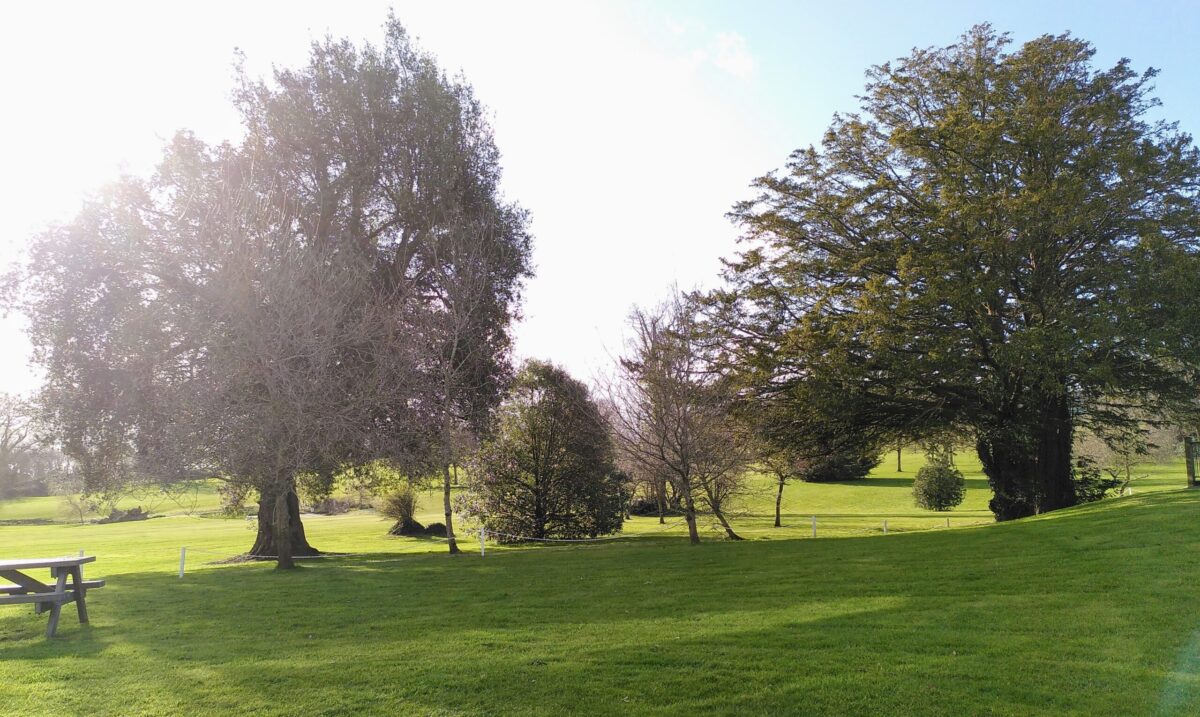
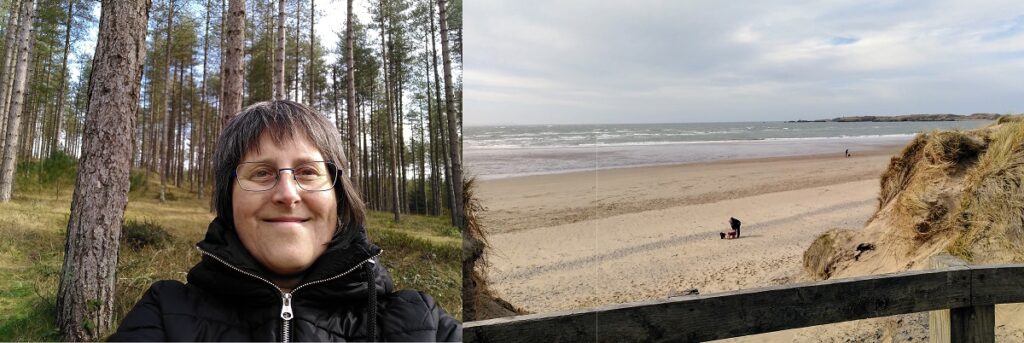
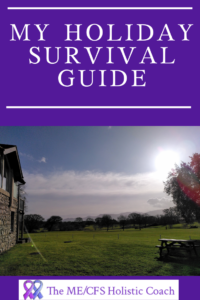
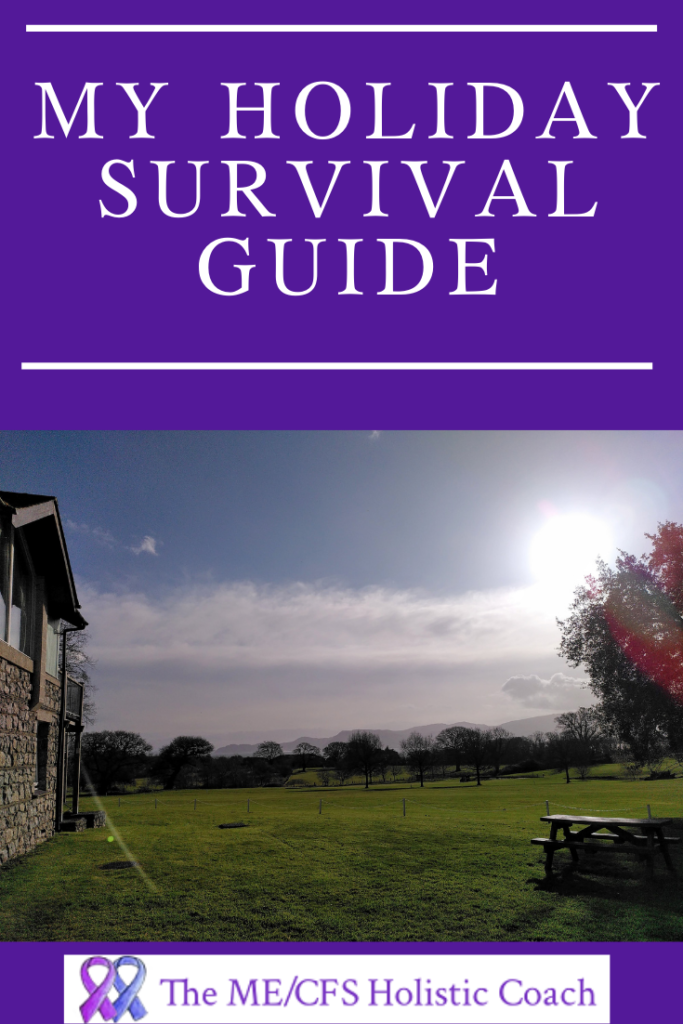

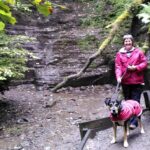
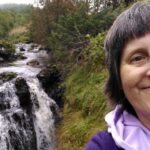


Hi Julie,
wow, that really helps me today. I feel that it will help me to pace and take it easy and slow. At home and on my holidays in July. You are so present, grateful and wise! It’s really not about how much we do, but how present we are doing it, and how loving and compassionate we are. We tend to compare ourselves with others who can do “more”. But do they really enjoy it “more” then? Are they enjoying the present moment as we do? We should ask these questions, if we are comparing ourselves. But it is best to not compare at all, not to others, not to our old lives. We have learned and gained so much through this experience of having the chronic illness. It’s a blessing. And if grieve or other “difficult” feelings are there, they are welcome too. Thank you!
Happy it helped Aditi x